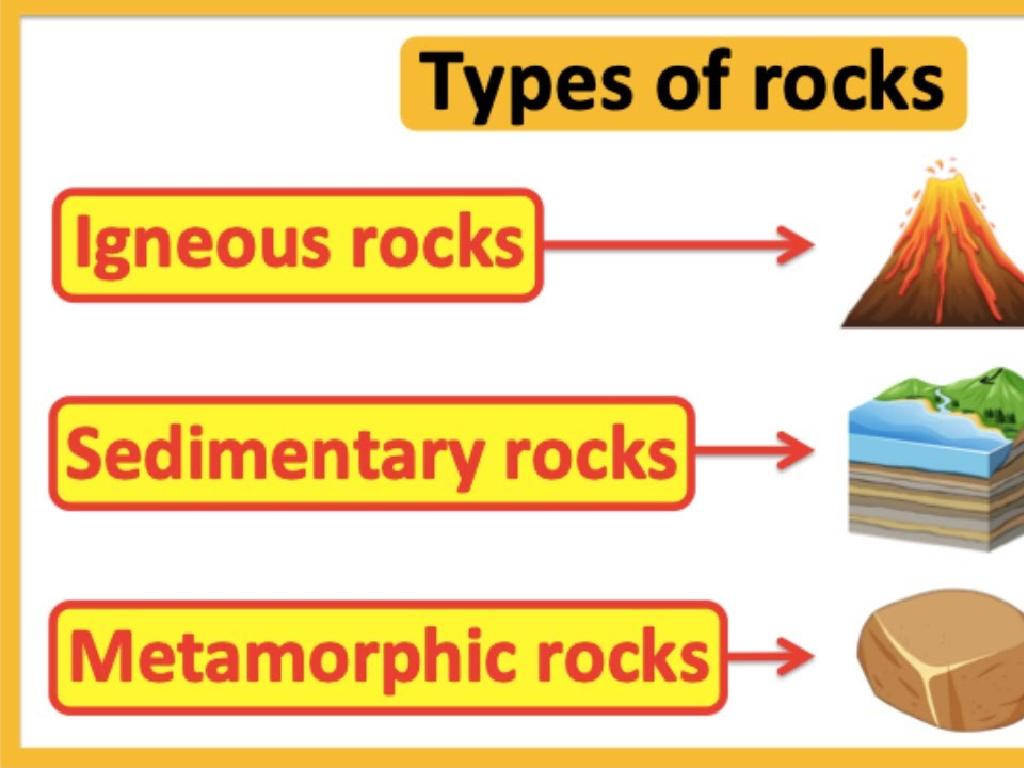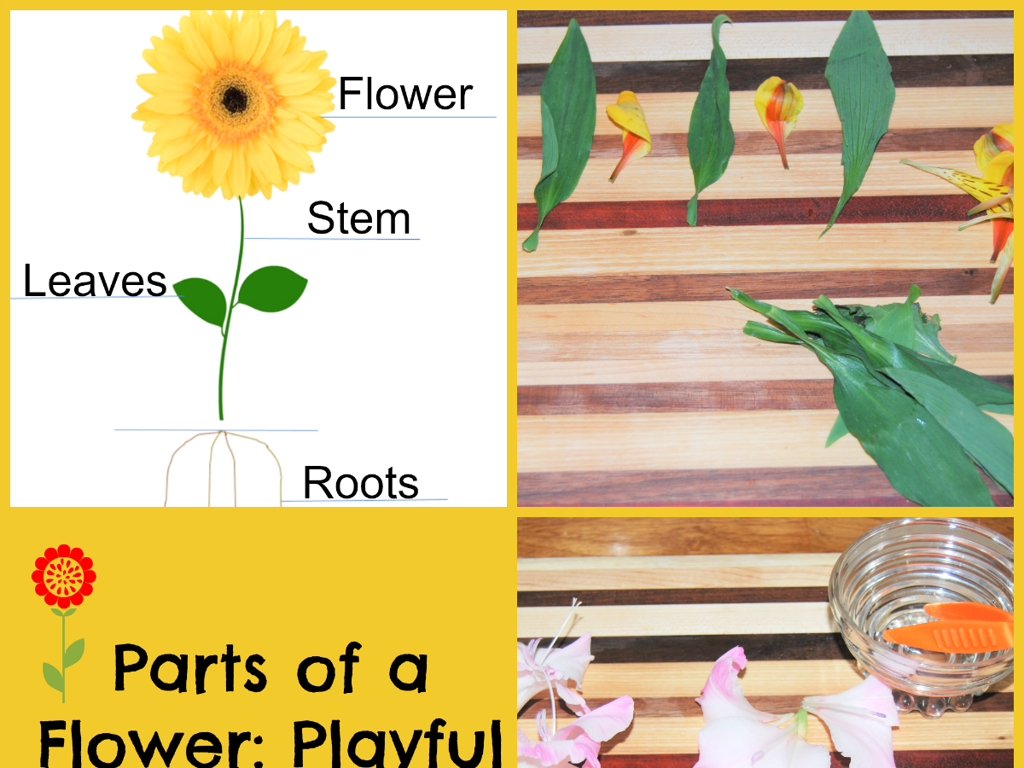Use The Meanings Of Words As Clues To The Meanings Of Greek And Latin Roots
Subject: Language arts
Grade: Fifth grade
Topic: Greek And Latin Roots
Please LOG IN to download the presentation. Access is available to registered users only.
View More Content
Unlocking Word Meanings with Greek and Latin Roots
– Discover word building blocks
– Words are like puzzles, with pieces that come together to make meaning.
– Greek & Latin roots in English
– Many English words are built from Greek and Latin word parts.
– Roots help with unfamiliar words
– Knowing roots helps guess new words’ meanings, like ‘bio’ means life in ‘biology’.
– Enhance vocabulary skills
– Learning roots grows your word knowledge and helps in many subjects.
|
This slide introduces the concept of Greek and Latin roots as the fundamental elements of many English words. Emphasize the importance of understanding these roots to enhance vocabulary and comprehension skills. Explain that by learning common roots, students can deduce the meaning of unfamiliar words without always needing a dictionary. Provide examples of roots and how they form the basis of many words we use today. Encourage students to be detectives, looking for clues in the words to uncover their meanings. This foundational knowledge will aid them in all areas of language arts and across other subjects.
Exploring Word Roots
– Define a root word
– The main part of a word without prefix/suffix
– Roots vs. prefixes and suffixes
– Prefix: beginning part, Suffix: ending part of words
– Examples of common roots
– ‘bio’ means life, ‘geo’ means earth
– Understanding root meanings
– Roots give clues to the word’s meaning
|
This slide introduces the concept of root words, which are the basic building blocks of many words in the English language, particularly those derived from Greek and Latin. Understanding roots can help students decipher the meanings of unfamiliar words. It’s crucial to differentiate between root words, prefixes, and suffixes, as this will aid in their comprehension and vocabulary skills. Provide examples of common roots such as ‘bio’ (life) and ‘geo’ (earth) to illustrate how they form the basis of words like ‘biology’ (the study of life) and ‘geography’ (the study of the earth’s surface). Encourage students to look for root words in their reading and use them as clues to understand new vocabulary.
Exploring Greek Roots in English
– Greek roots in English language
– Discover how Greek language influenced English
– ‘photo’ means light
– Example: ‘photograph’ combines ‘photo’ (light) and ‘graph’ (write)
– ‘tele’ means far
– Example: ‘telescope’ combines ‘tele’ (far) and ‘scope’ (look)
– Words: ‘photograph’, ‘telescope’
|
This slide introduces students to the concept that many English words are derived from Greek roots. Understanding these roots can help students decipher the meaning of unfamiliar words. For instance, ‘photo’ relates to light, so a ‘photograph’ is essentially ‘writing with light.’ Similarly, ‘tele’ means far, so a ‘telescope’ is a tool for ‘looking at distant objects.’ Encourage students to think of other words they know that might contain these roots, and discuss how the meaning of the root contributes to the meaning of the whole word. This understanding will enhance their vocabulary and reading comprehension skills.
Exploring Latin Roots in English
– Latin roots in English language
– ‘aqua’ means water
– Example: ‘aquatic’, ‘aqueduct’
– ‘scribe’ means write
– Example: ‘inscription’, ‘transcribe’
– Words: ‘aquarium’, ‘describe’
– ‘Aquarium’ is a water home for fish, ‘describe’ is to write down what something is like
|
This slide introduces students to the concept of Latin roots and their significant influence on the English language. Begin by explaining what roots are and how they form the foundation of many words. Use ‘aqua’ and ‘scribe’ as examples of Latin roots, showing how they relate to water and writing, respectively. Provide examples of words that use these roots, such as ‘aquarium’ and ‘describe’, and explain their meanings. Encourage students to think of other words they know that may contain these roots. This will help them understand how a large vocabulary can be built by learning just a few root words. As an activity, students could find additional words that contain the given roots or create sentences using the words ‘aquarium’ and ‘describe’.
Using Roots to Understand Words
– Decipher words using roots
– Roots are word parts that hold the core meaning.
– Break down words into roots/affixes
– Look for familiar prefixes, suffixes, and roots to understand new words.
– Practice with ‘biography’
– ‘Bio’ means life, ‘graph’ means write. A biography is writing about someone’s life.
– Practice with ‘geology’
– ‘Geo’ means earth, ‘logy’ means study. Geology is the study of the earth.
|
This slide aims to teach students how to use their knowledge of Greek and Latin roots to decipher the meanings of new words. By understanding that words are often composed of a root (the base of the word that holds its core meaning) combined with affixes (prefixes and suffixes), students can break down unfamiliar words into familiar parts. Use ‘biography’ and ‘geology’ as examples to practice this skill. ‘Biography’ combines ‘bio’ (life) with ‘graphy’ (writing), while ‘geology’ combines ‘geo’ (earth) with ‘logy’ (study). Encourage students to think of other words with these roots and affixes to reinforce the concept.
Activity: Create Your Root Word Tree
– Pick a Greek or Latin root
– Find five words with this root
– Write words on tree branches
Example: If ‘tele’ is the root, words could be ‘telephone’, ‘telescope’, ‘television’, etc.
– Define words using the root
Example: ‘Tele’ means far, so ‘telephone’ means sound from far away.
|
This activity is designed to help students understand the concept of Greek and Latin roots and how they form the basis of many words in the English language. By creating a root word tree, students will visually and interactively learn how one root can lead to the creation of several related words. Encourage students to be creative with their trees and to think critically about the meanings of the roots and the words they choose. Provide examples to guide them, such as the root ‘tele’, which means ‘far’, and can be found in words like ‘television’ (seeing from far) and ‘telegraph’ (writing from far). This exercise will enhance their vocabulary and comprehension of word formation.
Class Activity: Root Detective
– Pair up for a root word investigation
– Receive a list of complex words
– Identify roots and infer meanings
– Look for Greek or Latin parts in words to guess what they mean
– Present your discoveries to the class
|
In this engaging class activity, students will work in pairs to enhance their understanding of Greek and Latin roots in words. Provide each pair with a list of complex words and instruct them to identify the root in each word. They will use their detective skills to infer the meaning of the roots based on the context of the word. After the investigation, each pair will have the opportunity to share their findings with the class, fostering a collaborative learning environment. As a teacher, be prepared to guide them through the process, offering hints and explanations as needed. Possible activities could include matching roots to meanings, creating a root word tree, or even a root word scavenger hunt around the classroom.
Unlocking Word Secrets: Greek & Latin Roots
– Greek & Latin roots are key
– Review of today’s roots & words
– For example, ‘bio’ means life in words like ‘biology’ or ‘biography’
– Roots aid in vocabulary growth
– Knowing roots helps guess meanings of unfamiliar words
– Apply roots to understand new words
– Use roots as clues to decipher meanings in reading
|
As we wrap up today’s lesson, remind students of the significance of Greek and Latin roots in understanding the English language. Go over the roots discussed in class along with the example words to reinforce learning. Emphasize how this knowledge is a powerful tool for vocabulary expansion and comprehension. Encourage students to apply these roots when encountering new words, both in and out of the classroom, to make educated guesses about their meanings. This not only aids in reading but also prepares them for future vocabulary challenges.






